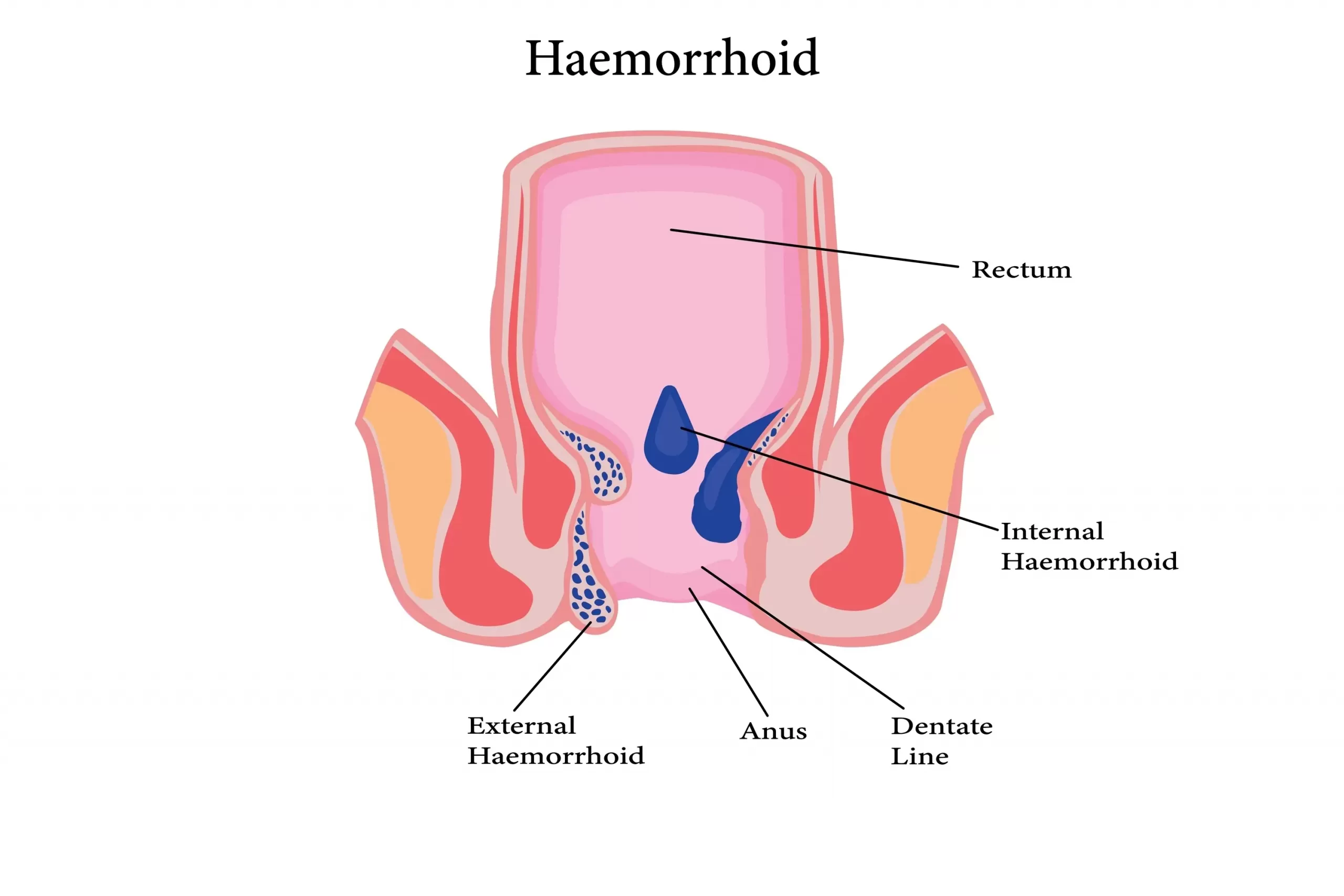Migraine and the Pill- the issues
Migraine is a common condition affecting about 1 in 5 Australians at some time in their life. It is much more common in women than men. Some people get migraines very frequently, others get them rarely. Migraine usually causes a severe throbbing headache behind one eye, difficulty being in the light, and nausea or vomiting. Symptoms may last for hours or days.
The 3 types of migraine
(1) Migraine without aura (common)
(2) Migraine with aura (common)
(3) Hemiplegic migraine (rare)
Whats a migraine aura?
Just before the headache starts, some people develop an “aura” lasting 20 to 60 minutes. An aura most often involves a disturbance of vision. Less commonly, migraine sufferers will develop numbness during their aura, which may affect the arm and then face (though usually there are visual symptoms too). Even less commonly, an aura may cause problems speaking – though this can also indicate a stroke, so an ambulance should be called if there’s any doubt! There are a variety of medications that may prevent the onset of migraine if taken early in the migraine, at the time of the aura.
Hemiplegic migraine
This is migraine with weakness down one side of the body or in an arm or leg- it is also easily mistaken for a stroke so if you’re not sure, definitely call an ambulance!
The Combined Oral Contraceptive Pill (COCP) and migraine
The combined contraceptive pill contains oestrogen and progesterone- it is usually taken for 21 days followed by 7 days of “sugar pills”. Oestrogen slightly increases the risk of a blood clot, which can cause stroke (amongst other things)- this clot risk actually goes up more during pregnancy than it does from taking the pill.
However, in migraine sufferers the risk of stroke is elevated further when taking oestrogen.

Women who have EVER had migraine with aura should never take the COCP.
And women who have EVER had hemiplegic migraines should never take the COCP.
Women who have migraine without aura can take the COCP, though they may be wiser to consider an alternative that doesn’t involve oestrogen.
Sticking with these ground rules is important, and will reduce the risk of serious complications. If you have questions about migraine and the pill, speak to your doctor or pharmacist.
Human papillomavirus (HPV)
Human papillomavirus (HPV) Human papillomavirus or HPV is the most commonly transmitted sexual infection. In fact, if you have had any kind of sensual or intimate skin-to-skin contact with [...]
Haemorrhoids
Haemorrhoids Haemorrhoids, also known as piles, are a very common medical condition. The pelvis and anus have a lot of blood vessels, and around the rectum, some veins are [...]
Attachment styles in adult relationships
Attachment styles in adult relationships Attachment theory has been studied and widely accepted in relation to children and their caregivers, but over recent years there is much more focus [...]




